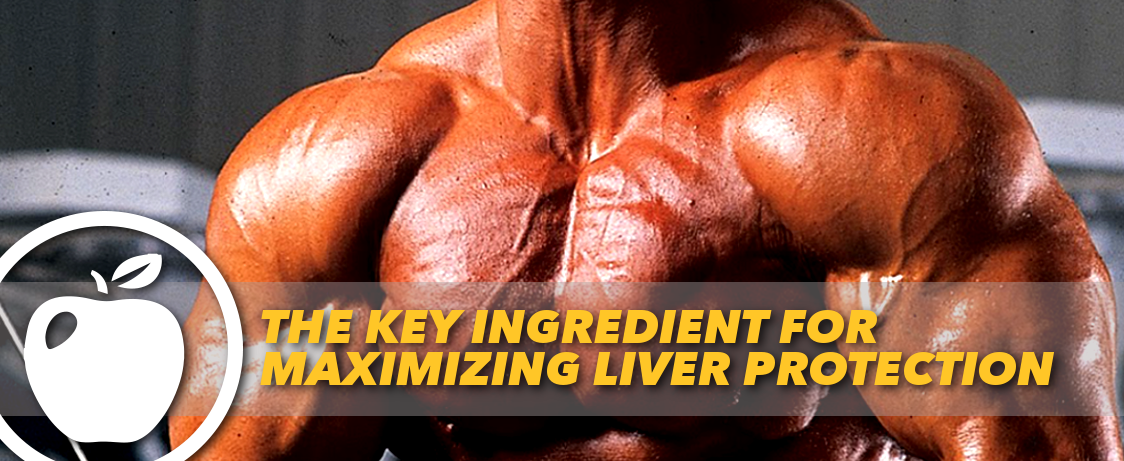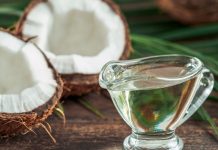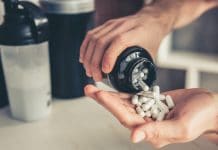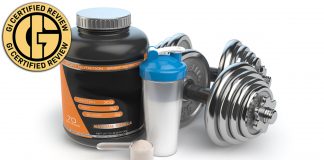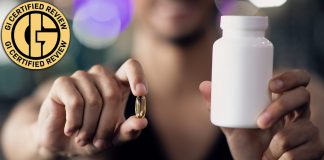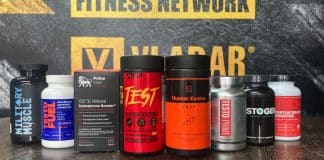 Keeping your liver healthy is paramount for any athlete.
Keeping your liver healthy is paramount for any athlete.
Oral anabolic has long been associated with liver toxicity and damage. Many bodybuilders will frequently take milk thistle for its liver protecting effects but adding olive oil is another ingredient bodybuilders may want to add for liver protection. The primary way in which your body expels toxins is via the liver, which detoxifies and cleanses your body by continuously filtering the blood of poisons that enter it through the digestive tract, the skin, and the respiratory system. But when your liver becomes overworked as a result of stress or excessive exposure to toxins, your entire system can be thrown off balance, and your health severely compromised. Without a well-functioning liver, your body will be unable to cleanse itself and absorb nutrients, which is a recipe for a health disaster.
In a study in the Journal of Nutrition and Metabolism, scientists reported that olive oil could reduce liver damage, which may be something all bodybuilders whom consume oral anabolic should be interested in. Olive oil is an integral ingredient in the Mediterranean diet. There is growing evidence that it may have great health benefits including the reduction in coronary heart disease risk, the prevention of some cancers and the modification of immune and inflammatory responses. Olive oil is known to reduce free radical damage or reactive oxygen species (ROS).
To test the effect of olive oil’s liver protecting affect they administered a known toxin. 2,4-Dichlorophenoxyacetic acid (2,4-D) has become one of the most widely used herbicides. 2,4-D has also been known to induce liver damage and increase ROS. Olive oil and its active constituents have been shown to have potent liver protective effects due to its high phenolic content, which is rich in antioxidants. In a previous study, rats whom were administered alcohol, which has potent liver damaging effects, can have a reduction in liver damage when alcohol and olive oil is administered together.
Interestingly, the liver is not only the main target for phenolic antioxidants once absorbed from the gastrointestinal tract but is the major place for phenolic metabolism. Hydroxytyrosol (2-(3,4 dihydroxyphenyl) ethanol, DPE), one of the phenolic compounds present in extra virgin olive oil, has been suggested to be a potent antioxidant, thus contributing to the beneficial properties of olive oil. DPE has shown efficacy in preventing oxidative stress in the liver of rats intoxicated by cadmium. Researchers wanted to determine if olive oil or its active phenolic content DPE could reduce the liver toxic herbicide 2,4-D effects. Rats were administered the liver toxic substance 2,4-D and given olive oil, DPE, or a placebo.
At the end of the study, rats administered the herbicide 2,4-D had elevated liver enzymes and liver damage; however the rats administered olive oil or the DPE phenolic had a protective effect on liver function which may have been due to increased antioxidant activity in the liver or repair of the liver. In sum, the study showed that extra virgin olive oil and its extracts DPE protect against oxidative damage of hepatic tissue by maintaining serum marker enzymes and hepatic antioxidant enzyme activities at near normal concentrations. Bodybuilders should consider adding olive oil and milk thistle and other potent polyphenols to protect against the liver damaging effects of toxins.
.
Reference:
Nakbi A, Tayeb W, Grissa A, Issaoui M, Dabbou S, Chargui I, Ellouz M, Miled A, Hammami M. Effects of olive oil and its fractions on oxidative stress and the liver’s fatty acid composition in 2,4 Dichlorophenoxyacetic acid-treated rats. Nutr Metab (Lond). 2010 Oct 29;7:80
Robbie Durand has been in the sports supplement and bodybuilding industry for 15 years. He has contributed to many national magazines and web sites. He has an M.A. in exercise physiology from Southeastern University and a B.A. in Dietetics from Louisiana State University.


